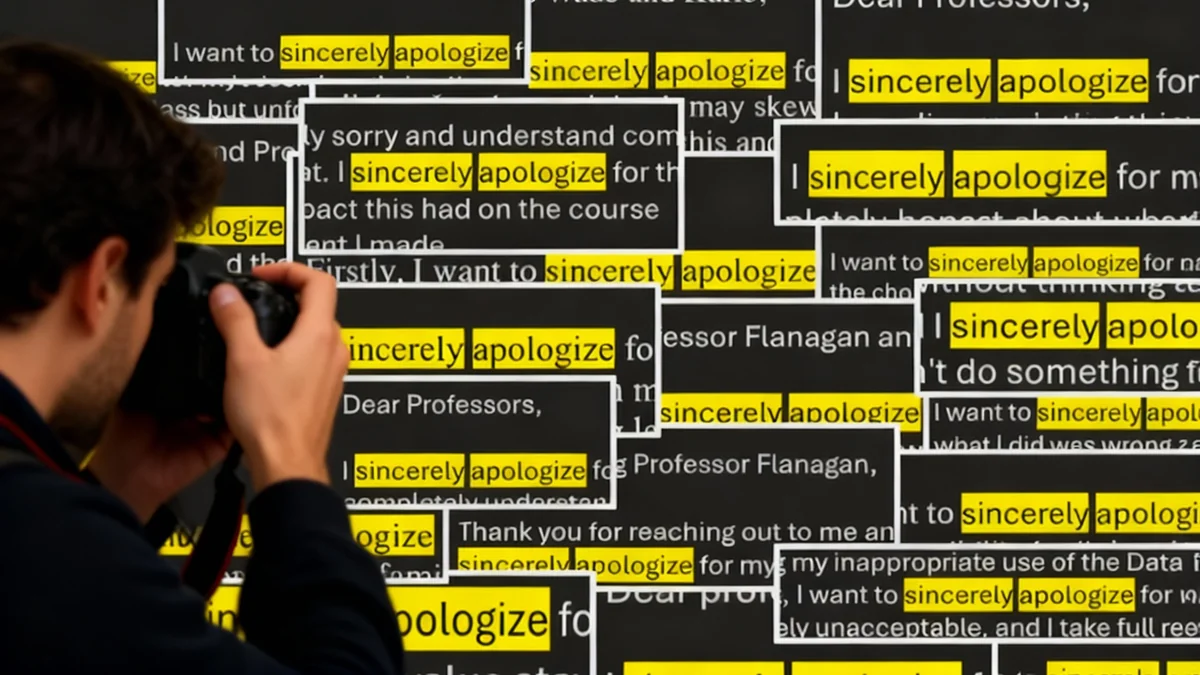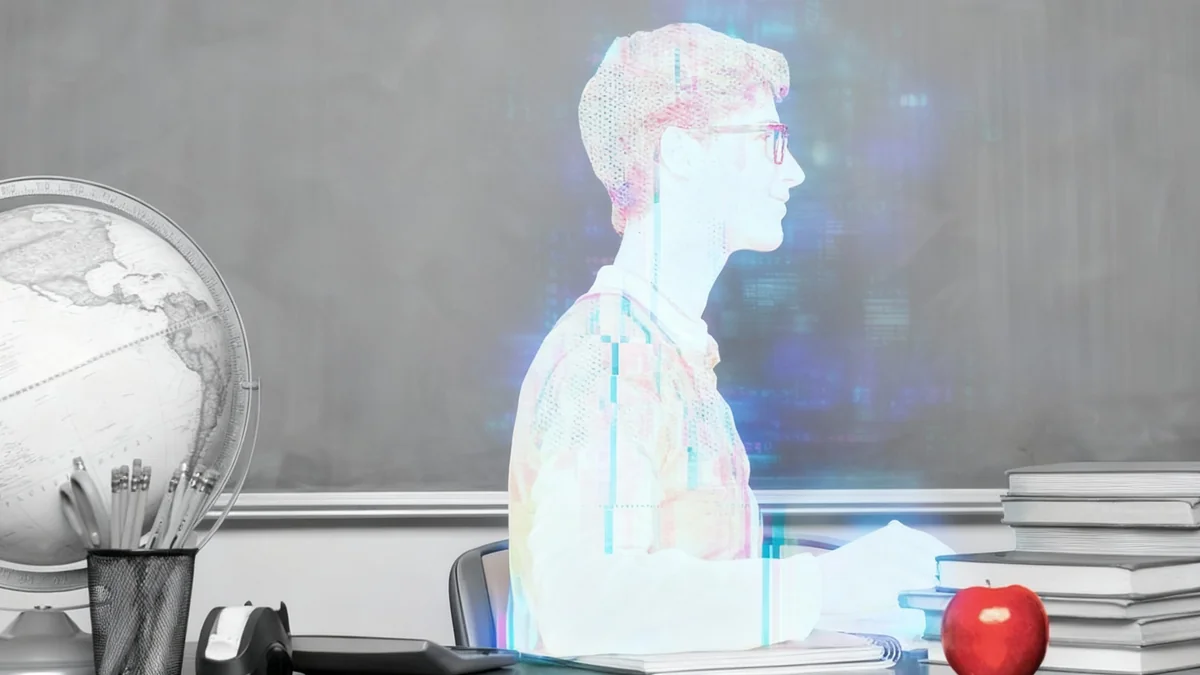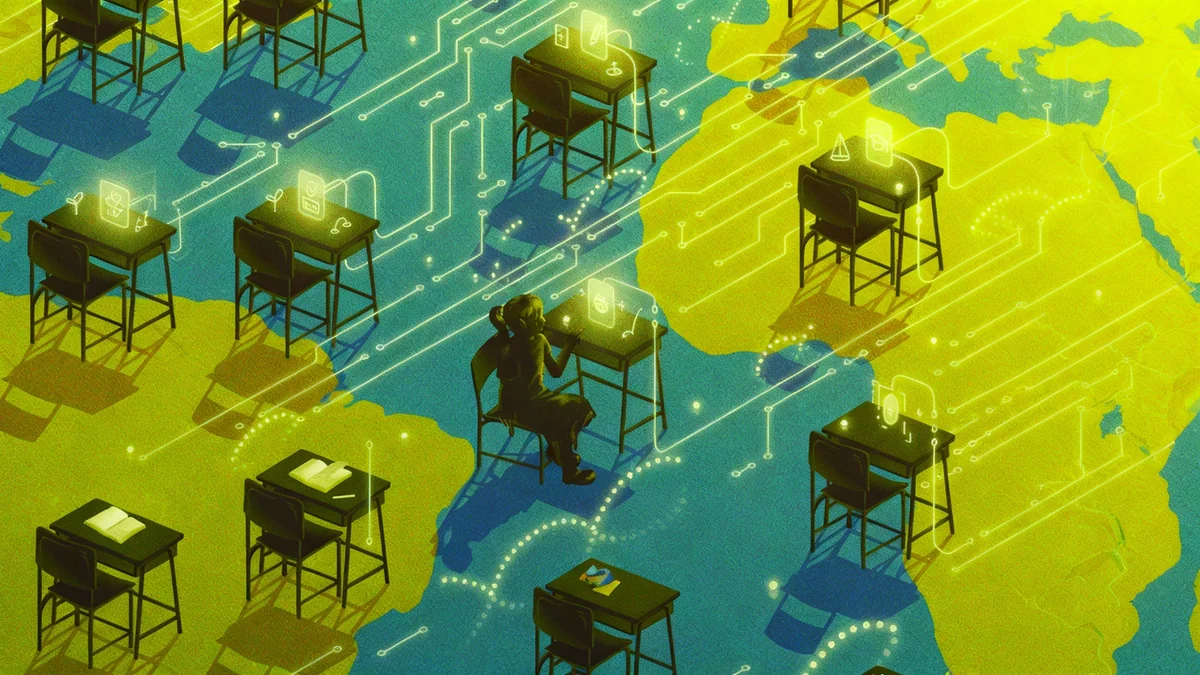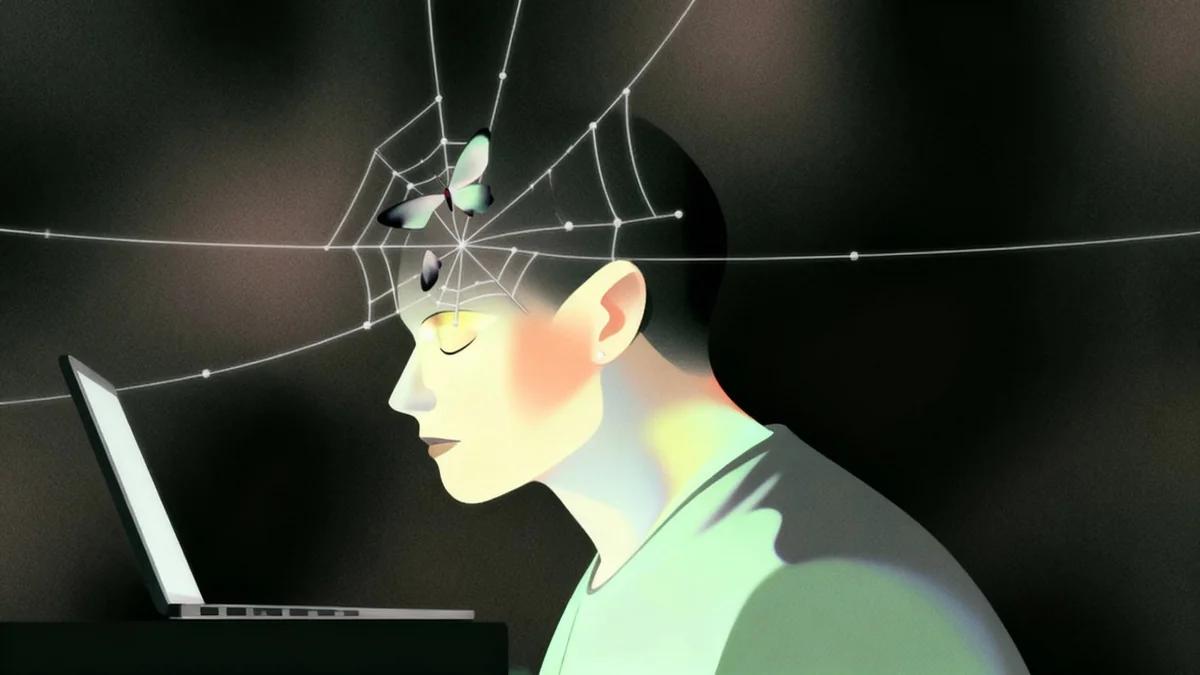Dozens of undergraduates in a data science course at the University of Illinois Urbana-Champaign were caught using artificial intelligence to write apology emails after being accused of academic dishonesty. The professors involved chose to address the incident not with punishment, but with a public lesson on integrity in the age of AI.
The situation unfolded after students in an introductory data science class were confronted with allegations of cheating and falsifying attendance records. What followed was a wave of emails that, at first, seemed sincere.
Key Takeaways
- Professors at the University of Illinois received identical, AI-written apology emails from students accused of cheating.
- The incident involved dozens of students in an introductory data science course.
- Instead of disciplinary action, the professors used the event as a teaching moment about academic integrity.
- The professors, Karle Flanagan and Wade Fagen-Ulmschneider, shared the experience on social media, sparking a wider conversation.
A Pattern of Insincerity Emerges
The professors, Karle Flanagan and Wade Fagen-Ulmschneider, who are known online as the "Data Science Duo," initially felt the students were taking responsibility. The first email began, "Dear Professor Flanagan, I want to sincerely apologize."
However, that sentiment quickly faded as more emails arrived. "Then I got another email, the second email, and then the third," Professor Flanagan recalled. The identical phrasing across dozens of messages made it clear the apologies were not genuine student expressions of remorse.
The sheer volume of identical messages transformed what could have been a series of personal apologies into a mass-produced, insincere effort. This highlighted a new challenge for educators navigating the widespread availability of AI tools like ChatGPT.
The Rise of AI in Academia
Educational institutions globally are developing policies to address the use of artificial intelligence. While some embrace AI as a learning aid, many are concerned about its potential to facilitate academic dishonesty, making it harder to assess a student's true understanding and effort.
The Classroom Confrontation
On October 17, the professors decided to address the situation directly. In a large lecture hall, they projected the AI-generated apology email onto a screen for the entire class to see. Video from the lecture captured the moment, including the sound of students laughing as they recognized the identical text.
Professor Fagen-Ulmschneider noted that the students' reaction showed a level of self-awareness. "They knew that it was something that they could see themselves doing," he said. The public display was not meant to shame individuals but to create a shared moment of reflection for the entire class.
"Everybody sort of sincerely apologizing, and suddenly it became a little less sincere." - Professor Karle Flanagan
A Focus on Education Over Punishment
Rather than initiating formal disciplinary procedures against the students who sent the AI-generated emails, the professors opted for a different path. They chose to use the incident as a practical, real-world lesson in ethics and accountability.
The goal was to teach the students about the importance of genuine communication and academic integrity. In an era where a machine can generate a flawless apology in seconds, the value of a sincere, personally written message has become even more significant.
This approach reflects a growing debate among educators: should the use of AI for such tasks be treated as a serious offense, or as an opportunity to guide students on the appropriate and ethical use of new technology?
A New Form of Plagiarism?
The incident raises questions about how to classify AI-generated text. While not traditional plagiarism (copying from another human source), using AI to generate personal communications like an apology blurs the lines of authorship and sincerity, creating a new category of academic misconduct for universities to consider.
Broader Implications for Education
The story from the University of Illinois Urbana-Champaign has resonated far beyond the campus, drawing widespread attention on social media. It serves as a case study for the challenges and opportunities presented by AI in the classroom.
Educators are now faced with several critical questions:
- How can assignments be designed to be AI-proof?
- What are the ethical guidelines for students using AI tools?
- How can institutions foster a culture of integrity that discourages shortcuts?
The professors' decision to turn a moment of dishonesty into a public lesson highlights a proactive, rather than punitive, approach. It acknowledges that AI is a permanent part of the modern landscape and that teaching students how to navigate it ethically is now a crucial component of higher education.
As AI tools become more sophisticated and integrated into daily life, incidents like this one are likely to become more common. The response from the "Data Science Duo" may serve as a model for other educators facing similar dilemmas, emphasizing dialogue and learning over simple enforcement of rules.





